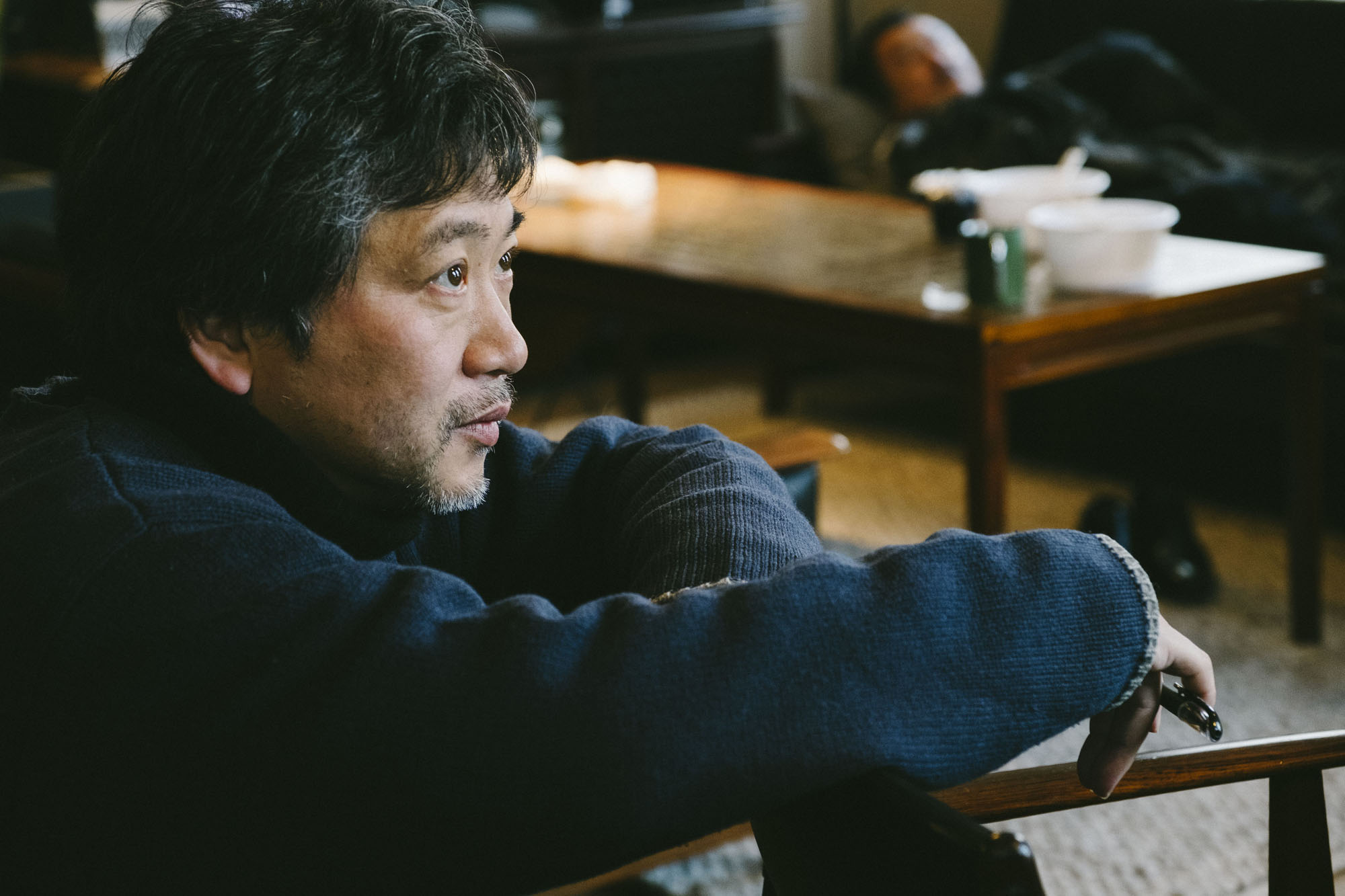Hirokazu Koreeda is best known for intimate family dramas that overseas critics often compare to the work of Yasujiro Ozu (1903-63), the genre's unquestioned master. Koreeda rejects these comparisons, however, and says he feels more of a cinematic kinship to Mikio Naruse (1905-69), one of Ozu's contemporaries.
Koreeda's films — "Still Walking" (2008), "Like Father, Like Son" (2013) and "After the Storm" (2016) — constitute a spiritual autobiography that reflects the 55-year-old filmmaker's own family history and experience with fatherhood. But his latest, "The Third Murder," is a courtroom drama centering on a slippery lawyer (Masaharu Fukuyama) and an enigmatic ex-convict (Koji Yakusho) accused of murdering his former boss. It's Koreeda's first outing in the genre and would seem to be an outlier in his filmography (though he has waded into other genres before: postdeath fantasy "After Life" in 1998 and period comedy "Hana" in 2006). Yet familiar Koreeda themes are found in "The Third Murder," beginning with the two leads who struggle as fathers.
Koreeda, who wrote the film's original script, says one of his prime motivations in this case was to probe the depths of the Japanese justice system, particularly the process of how it hands down judgements.


















With your current subscription plan you can comment on stories. However, before writing your first comment, please create a display name in the Profile section of your subscriber account page.